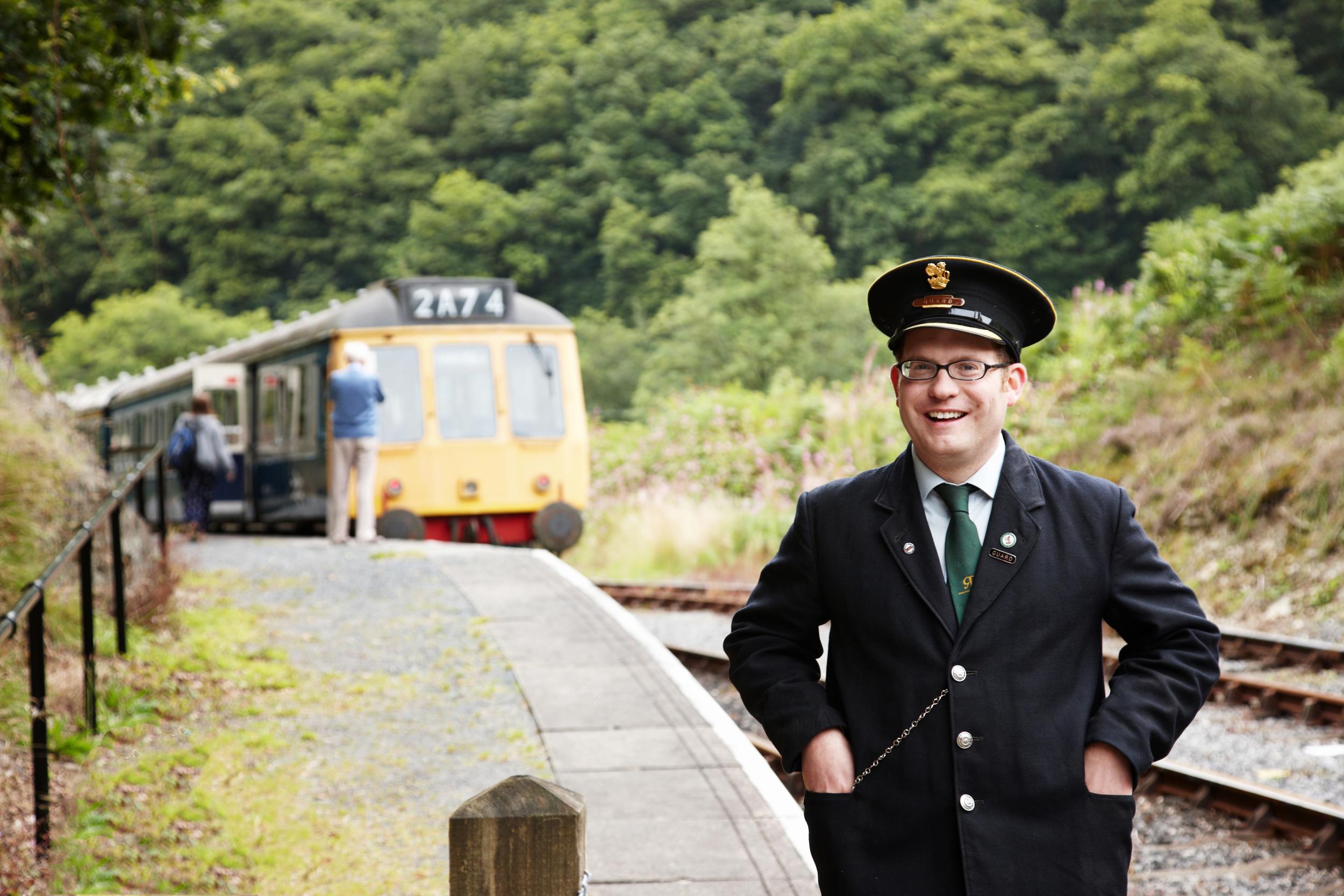Train guards: what do they do and why are unions fighting to keep them?
With the latest wave of strikes affecting Southwestern Railway beginning yesterday, we look at the contentious dispute regarding train guards

Your support helps us to tell the story
From reproductive rights to climate change to Big Tech, The Independent is on the ground when the story is developing. Whether it's investigating the financials of Elon Musk's pro-Trump PAC or producing our latest documentary, 'The A Word', which shines a light on the American women fighting for reproductive rights, we know how important it is to parse out the facts from the messaging.
At such a critical moment in US history, we need reporters on the ground. Your donation allows us to keep sending journalists to speak to both sides of the story.
The Independent is trusted by Americans across the entire political spectrum. And unlike many other quality news outlets, we choose not to lock Americans out of our reporting and analysis with paywalls. We believe quality journalism should be available to everyone, paid for by those who can afford it.
Your support makes all the difference.Industrial action affecting Britain’s railways has become a common occurrence, much to the dismay of commuters.
Many of the strikes affecting rail operators around the country cite the issue of train guards as their justification for industrial action.
But, what are train guards and why are they needed?
What do train guards do?
In addition to answering passenger queries, checking tickets and assisting passengers with mobility issues embark and disembark the train safely, train guards are trained in operational safety and route knowledge, including being able to secure the doors safely, protecting the train and acting in emergencies such as derailments or fires.
Why are they required?
In an emergency, a train guard can take charge, especially if the driver becomes incapacitated.
In the event of an accident, antisocial behaviour or a terrorist attack, guards can call for assistance and update and reassure passengers.
The RMT state that independent enquiries following train crashes and fatalities have highlighted the importance of on-board staff trained in evacuation procedures and protection.
In a document entitled 'The Safety Critical Role of the Guard' published by the RMT, Mick Cash, the union's general secretary said: “Everyone who works on the railway knows that the Passenger/Train Interface (PTI) is the number one area of risk. That fact is accepted by the safety agencies that monitor and manage the safety regime across the rail network.
“With surging demand, unmatched by rail capacity, overcrowding on trains and platforms is now endemic. The guard, working with their platform and driver colleagues, is the pivotal point in the safe management of the dangers presented at the passenger/train interface. Removing them, or downgrading their role, is a lethal gamble with passenger safety.
"Only a fool, or someone motivated solely by the bottom line on a company balance sheet, would contemplate tampering with guards on Britain’s crowded railways. And yet that is exactly what is happening.”
What about driver-only operated trains?
Southern Rail is keen to increase the number of its services that use driver-only operation (DOO), whereby a train driver opens and closes train doors.
Supporters of DOO argue that it is an easier way of working with less disruption for passengers, primarily because trains do not have to be cancelled if a guard or conductor is unavailable at short notice.
Dispensing of train guards could result in thousands of jobs being axed around the country, however.
The UK’s Rail Safety and Standards Board (RSSB), which was established in 2003 following the 1999 Ladbroke Grove rail crash that resulted in the death of 33 people, maintain that DOO on trains are safe.
In 2017, George Bearfield, the RSSB’s director of system safety, stated that there was no discernible risk on DOO trains.
“Our conclusions from the latest analysis are that there is no discernible difference in the risk associated with driver-only dispatch vs driver and guard dispatch.
“There is no such thing as absolute safety, you cannot remove all risk. We take a rational, evidence-based view, to ensure progress in safety.”
The RMT has questioned the neutrality of the RSSB, however, after discovering that the CEO of Govia Thameslink Railway who operate Southern Rail, Charles Horton, was a non-executive director at the RSSB.
In a statement to The Independent, a spokesperson from Southwestern Railway said: “It is frustrating and disappointing that the RMT union has decided to go ahead with plans to strike on our network.
"This is despite proposals we have put forward which are similar to that of another train operator, Greater Anglia, which the RMT has recently agreed to. We are urging the RMT to return to talks and end this damaging disruption to passengers.
“Time and time again we have said that we intend to keep a guard on all our services and that we will need more, not fewer, guards as we increase the number of services we operate.
"The proposal we have offered would see a guard rostered on all our services, including our new trains to be introduced from later next year, and allow us to keep customers moving if, in exceptional circumstances such as service disruption, no guard was available."
With yesterday marking the first of eight days of strikes on Southwestern Railway over this issue, this dispute looks set to run and run.
Join our commenting forum
Join thought-provoking conversations, follow other Independent readers and see their replies
Comments